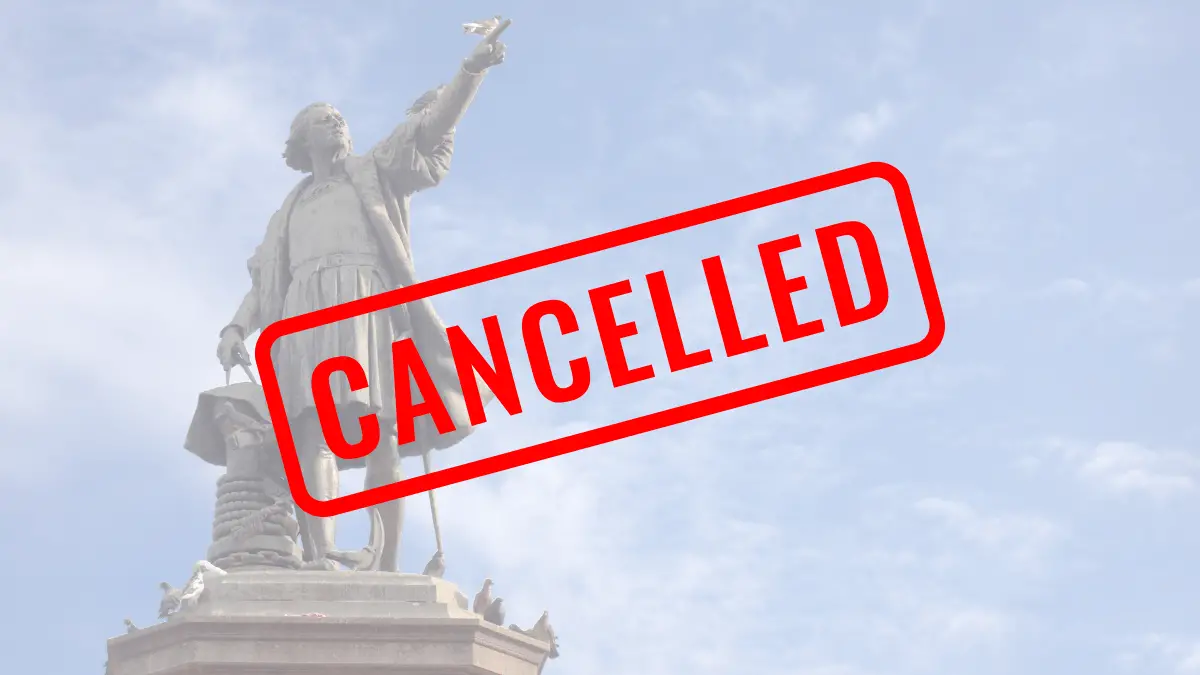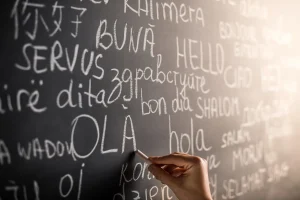Columbus Day Canceled: A Critical Examination
Columbus Day was a federal holiday in the United States that commemorates the landing of Christopher Columbus in the Americas on October 12, 1492. However, in recent years, there has been a growing movement to cancel Columbus Day and replace it with Indigenous Peoples’ Day. This movement is based on the fact that Columbus was not the first European to reach the Americas, and his arrival led to the genocide and enslavement of Indigenous peoples.
Why Columbus Day is problematic
- Columbus never set foot on what is now the United States mainland. He landed in the Bahamas and other Caribbean islands, which were already inhabited by Indigenous people.
- Columbus claimed the lands he “discovered” for Spain, even though they were already home to millions of people. He and his men enslaved and murdered Indigenous people, and they introduced diseases that decimated the Indigenous population.
- Columbus’s arrival in the Americas marked the beginning of European colonialism, which had a devastating impact on Indigenous peoples. Colonists killed millions and destroyed entire cultures.
- Crediting Columbus with the “discovery” of the Americas ignores the thousands of years of Indigenous life and culture that preceded his arrival to the land.
- Columbus is often celebrated as a hero and a symbol of exploration. However, it is important to remember that he was a colonizer who committed atrocities against Indigenous peoples.
Why Columbus Day was canceled
The movement to cancel Columbus Day began in the 1970s, and it has gained momentum in recent years. In 2021, President Biden issued a proclamation commemorating Indigenous Peoples’ Day, urging states and cities to follow.
As of 2023, seventeen states and the District of Columbia formally honor Indigenous Peoples’ Day or a similar holiday. Many other cities and municipalities have also made the switch from celebrating Columbus to honoring Indigenous groups.
The cancellation of Columbus Day is a sign that Americans are becoming more aware of the legacy of colonialism and its impact on Indigenous peoples. It is also a sign of solidarity with Indigenous communities, who have long called for an end to the celebration of Columbus.
Critical analysis of Columbus Day
The cancellation of Columbus Day is a controversial topic. Some people argue that it is an important step in acknowledging and addressing the history of colonialism and its impact on Indigenous peoples. Others argue that it is an act of erasing history and that Columbus should still be celebrated for his role in European exploration.
It is important to note that the cancellation of Columbus Day does not mean that we should forget about him or the role he played in European colonialism. Rather, it means that we should acknowledge his legacy honestly and critically. We should also use this opportunity to learn more about the history of Indigenous peoples and the challenges they continue to face today. In other words, it’s a perfect time to ignite our sociological imagination as a country!
A critical perspective on Columbus Day would say this: part of honoring our history is making sure the right people are celebrated and commemorated. To celebrate Columbus is to celebrate the era of colonialism and genocide he catalyzed. To celebrate Indigenous Peoples’ Day is to recognize the atrocities committed against large groups of people, including recognizing the individuals responsible for such atrocities.
In shifting our focus from celebrating Columbus to celebrating Indigenous people and their diverse cultures, we are recognizing the harm done and more accurately portraying the legacy of Christopher Columbus and his “explorations.”
Final Thoughts
The cancellation of Columbus Day is a significant step in the movement for racial justice and reconciliation. It is an opportunity to learn from the past and to build a future where all people are treated with dignity and respect. Plus, America isn’t the only country trying to reconcile with a racist past. In 2021, Canada celebrated its first National Day for Truth and Reconciliation as a way of acknowledging the genocide perpetrated against Indigenous people and their cultures at the hands of the state.
As a sociologist, I can recognize that different people with different backgrounds will have different lived realities. Part of reconciling with the troubled past of colonialism is giving power back to the people whose lived experiences were not only ignored, but rewritten in the history books. Changing the name and intentions of this particular holiday is one small step toward doing just that.







